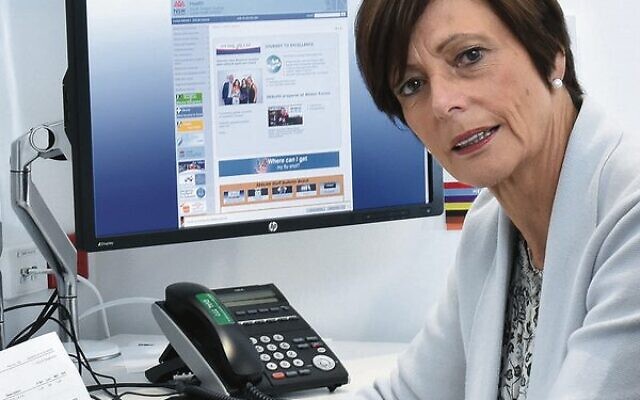Managing breast cancer risk
The BRCA JeneScreen program, supported by Wolper Jewish Hospital, screens for these three gene faults in any man or woman with Jewish ancestry.
Every woman is at risk of breast cancer, with the average woman having around a 13 per cent risk of developing it at some time in their lives.
However, women with an inherited fault in either the BRCA1 or BRCA2 gene face an up to 70 per cent chance. Two specific faults of the BRCA1 gene and a single fault of the BRCA2 gene are found in one in 40 people of Jewish ancestry, compared with one in 300 people in the general population. These faults can predispose people to higher risks of breast, ovarian or prostate cancer.
The BRCA JeneScreen program, supported by Wolper Jewish Hospital, screens for these three gene faults in any man or woman with Jewish ancestry.
JeneScreen uses an innovative online format to provide people with all the information needed. Once the person’s consent to participate in the screening is given, a self-collection kit is provided through the mail to enable sample collection to take place quickly and discreetly at home.
People of Jewish ancestry can participate in JeneScreen regardless of whether they know of a relative who has been affected by breast or ovarian cancer, and is available for women and men aged over 18 years.
“The knowledge that they carry a fault in one of these genes gives people the opportunity to make informed decisions about the preventative options available to them and can enable early cancer detection … it enables choices that can change their life and that of their children,” said Dr Lesley Andrews, senior clinician at Prince of Wales Hospital and Wolper Board member.
People who are advised that they are clear of these gene faults have the same risk of breast, ovarian or prostate cancer as anyone in the general population with the same risk factors. While family history of these cancers is the most important thing in assessing a person’s risk, other factors are also important in assessing individual risk.
A Zoom webinar, in conjunction with Northern Breast Care, is being held this Thursday, May 18 about breast cancer risk in Jewish women. Speakers will include Drs Adam Ofri and Katrina Moore, who are breast surgeons; Andrews, a cancer genetics clinician; Dr Nicole Cousens, a genetic counsellor; and Jenny Selinger, a breast cancer survivor.
The event is an opportunity to learn more and ask questions about breast cancer risk in Jewish women, the free services in place, and options in surveillance and management.
JeneScreen info: genetics.wolper.com.au
Webinar registration: bit.ly/3zcsqOq


comments